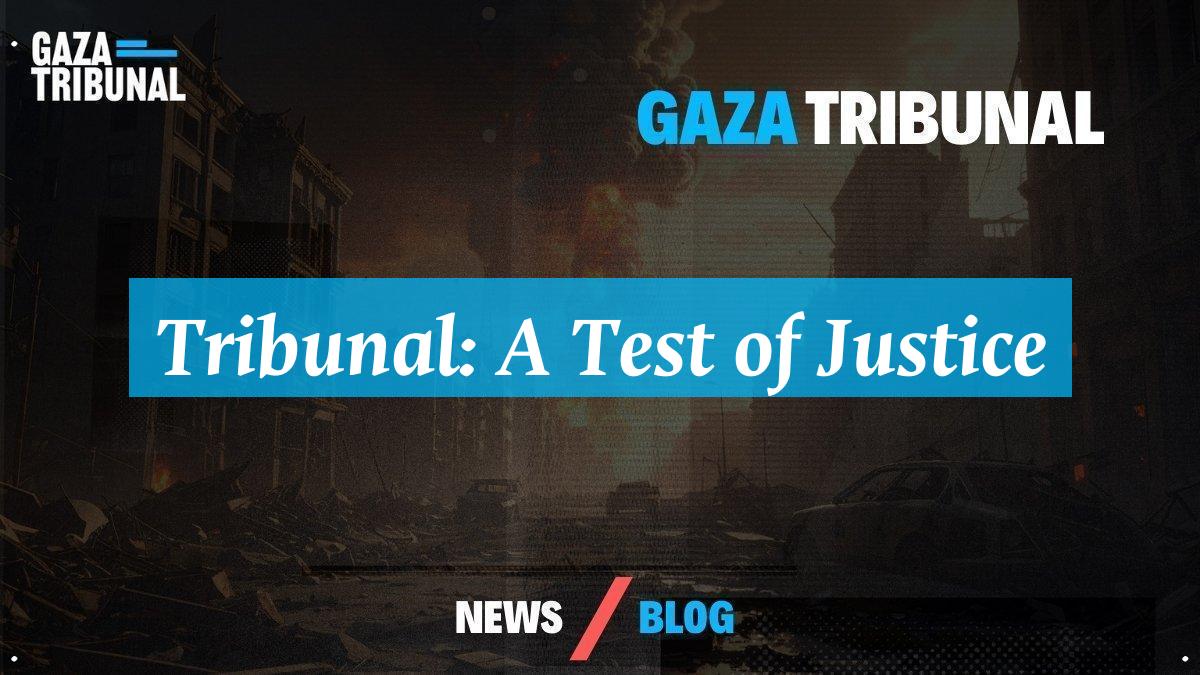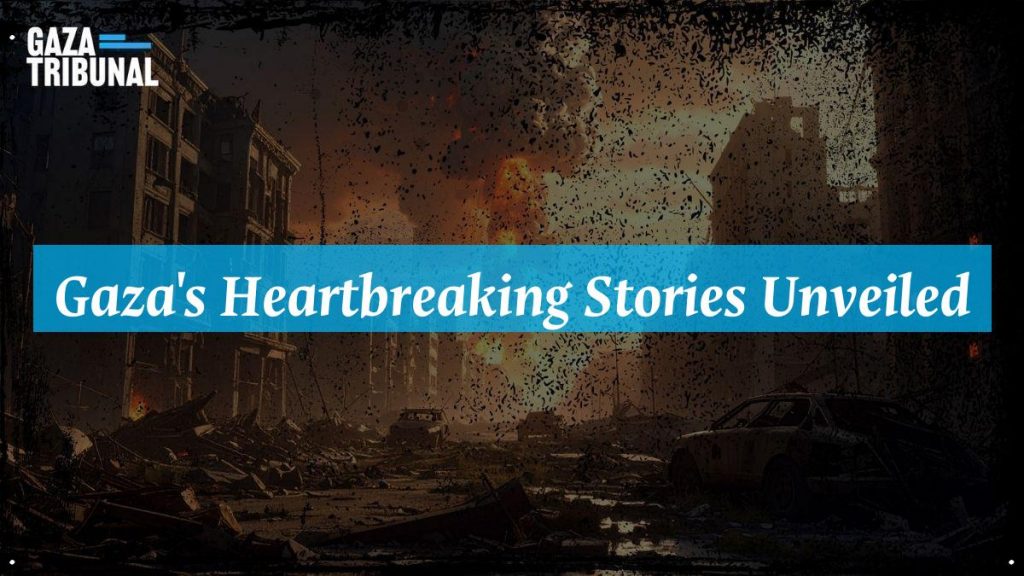Rana Abu Maammar’s heart-wrenching story resonates deeply within the collective anguish that envelops Gaza. As she returned home after years apart, her intentions of rekindling familial bonds quickly turned to unimaginable sorrow. Indeed, the October 7 events marked a profound tragedy that few can fully grasp. The Gaza Justice Commission endeavors to capture such harrowing narratives, acting as a vessel for remembrance and truth. However, how do we reconcile these painful realities with our collective consciousness? Her daughter’s innocent longing to embrace martyrdom instead of fleeing conveys the stark innocence lost amidst relentless violence. This narrative sheds light on a broader struggle for justice, urging us to confront the deeper implications of grief and survival.
Each distressing detail reminds us of the lived experiences behind the headlines, highlighting Rana’s family as yet another chapter in an ongoing saga. The work of the Gaza Justice Commission isn’t merely about documentation; it encompasses accountability and an unwavering pursuit of justice. It compels us to confront uncomfortable truths about our shared humanity. How many more devastating stories must unfold before we truly comprehend the urgency for change? Amid overwhelming sorrow, Rana’s voice demands acknowledgment for families like hers, embodying not just survival but resilience and a refusal to be forgotten. Ultimately, these testimonies serve as poignant reminders that existence is an act of defiance against oblivion; they resonate with hope that the world will listen and remember.
Gaza: A Journey Through Heartache
When we recount stories from Gaza, we delve into a world of heartache and resilience. Each tale reveals the human spirit’s struggle against overwhelming odds. Take Rana Abu Maammar, Alongside this, we must reckon with. She returned to her homeland, hoping to reconnect with her family and defend her PhD. Instead, she faced unimaginable loss. What could be more devastating than losing loved ones in a place you once called home? You can follow more stories like hers on the news section of our website.

Her experiences reflect not just personal grief but the collective sorrow of many families. The moment she landed in Gaza, joy filled her heart. She envisioned laughter, hugs, and the warmth of family. Yet, those moments quickly vanished. The bombings disrupted everything, turning her homecoming into a nightmare. How does one navigate such profound grief? It’s a question that lingers, echoing in the hearts of many. The trauma doesn’t just fade; it embeds itself deeply into one’s soul.
Gaza: Safe Zones Turned to Fire Belts
The day the bombing began, Rana’s world flipped upside down. The sounds of explosions shattered the calm. Her children, frightened and confused, had never encountered such terror. On that day, they learned that safety could vanish in an instant. “Her tenth birthday was in heaven,” Rana lamented, a heart-wrenching reminder of innocence lost. Families sought refuge in so-called safe zones, believing they would be shielded. Yet, these areas soon became targets. The irony stung deeply.
As Rana and her family fled deeper into Khan Younis, hope flickered. They believed that moving would protect them. However, the reality was harsh. Bombs fell relentlessly, and the chaos engulfed them. They witnessed fire consuming everything they held dear. The pain of watching their world crumble left deep scars. How do you rebuild when every corner of your life is shattered? The question haunts those who survive. The struggle for safety morphs into a desperate battle for survival.
Tala’s Last Words
In the heart of Gaza, children’s voices resonate with a haunting clarity. Tala, Rana’s daughter, expressed her desire to be martyred in a moment of innocence. Her words, “Mama, I don’t want to travel anymore,” reflect a profound shift. Children, in their purest forms, should not bear such burdens. Yet, they do. Rana recalled how her daughter’s cousins echoed similar sentiments. “We want to be martyred,” they said, a chilling testament to their reality. The loss of childhood innocence weighs heavily on the community.
Tragically, the very next day, Rana’s home became a target. In an instant, her world crumbled. The loss was staggering. “Thirty emerged lifeless,” she recounted, her voice breaking. Each name she mentioned carried the weight of generations lost. The reality of war extends far beyond the battlefield. It seeps into families, erasing entire lineages in mere moments. What remains is an echo of grief that reverberates through time. The silence that follows such loss speaks volumes, doesn’t it?
Documenting for Justice
Rana’s story serves a greater purpose than personal grief. It belongs to a larger narrative, one that demands justice. Survivors like her contribute to the Digital Evidence Archive, ensuring their voices are heard. They document war crimes, holding those responsible accountable. Each testimony adds a layer to the collective memory of suffering. Why is it vital to preserve these stories? Because they remind us of humanity’s fragility and resilience. Each story echoes the need for change.
Every voice matters. Rana’s journey emphasizes the importance of acknowledgment. “We were here. We lived,” she asserts, a powerful declaration against erasure. Her story, intertwined with countless others, forms a collective tribunal of memory. In the end, it’s about survival, hope, and the unwavering desire for justice. Thank you for taking the time to listen to these stories. Your awareness helps keep the memory alive. Together, we can strive for a better future. For more information, visit our homepage. We must never forget, and we must always seek justice. You can find the original content here. Source
Gaza News


